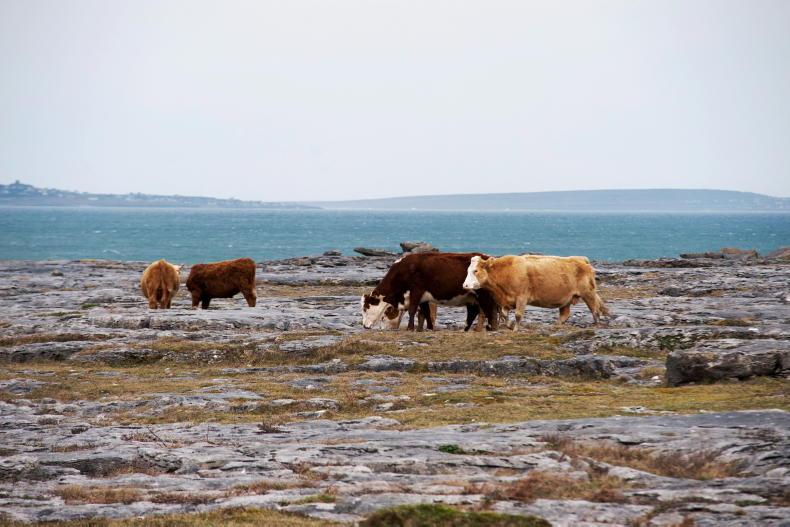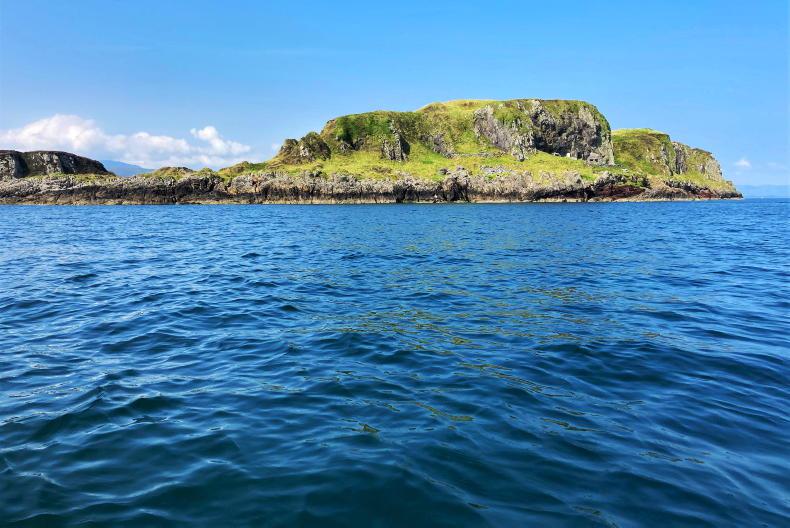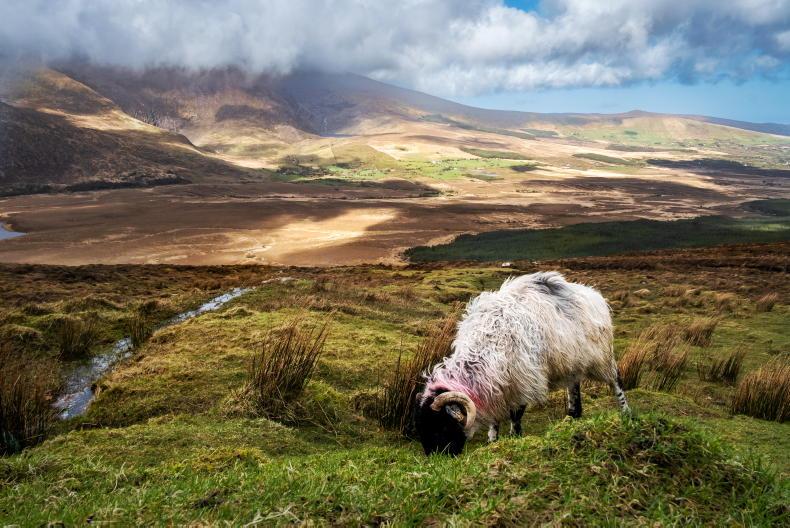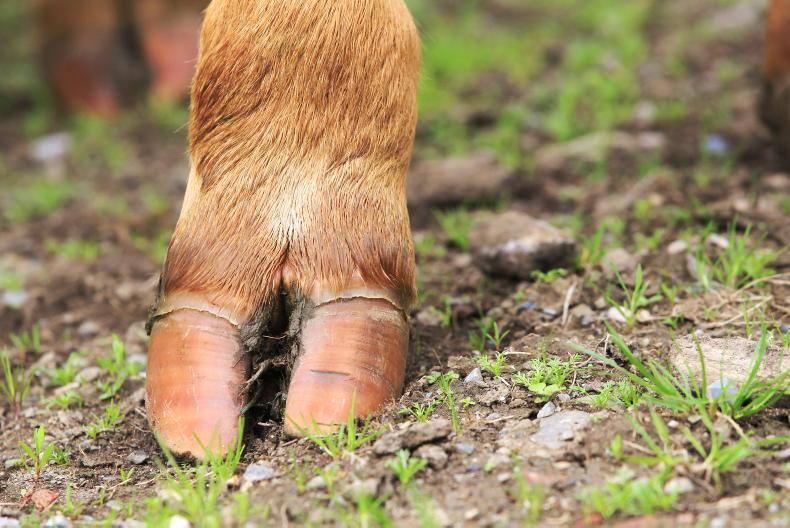Farming islanders called for more ferry sailings to be provided for transporting livestock to the mainland to help secure the long-term viability of their offshore communities.
The newly-published National Islands Policy for 2023-2033 states that ferry costs and the need for more crossings to facilitate the transport of livestock were among the issues raised by islanders in its public consultation.
In 2022, Government put €8.5m towards transport services to and from Ireland’s offshore communities and the policy contains the “core commitment” of maintaining ferry subsidies.
The report notes that the frequency of crossings varies depending on the population of each island.
Some of Ireland’s smallest inhabited islands have a population as low as just two people, while over 700 people live on Inis Mór, the largest of the Aran Islands.
The policy recognised that agriculture on islands can suffer due to an absence of vets.
Opportunities
The 10-year strategy points to the development of unique island branding as being an important factor for the future viability of island agriculture, as it will allow for niche and high value markets to be accessed by farmers.
Horticulture, rural tourism and renewable energy generation as examples of the activities farmers can diversify into.
Two CAP farm schemes outlined as being “accessible and beneficial” are the Areas of Natural Constraints (ANC) scheme and Agri-Climate Rural Environment Scheme (ACRES)
The opportunities came with a backdrop to depopulation being recognised as the primary concern of islanders on the future of their communities.










SHARING OPTIONS